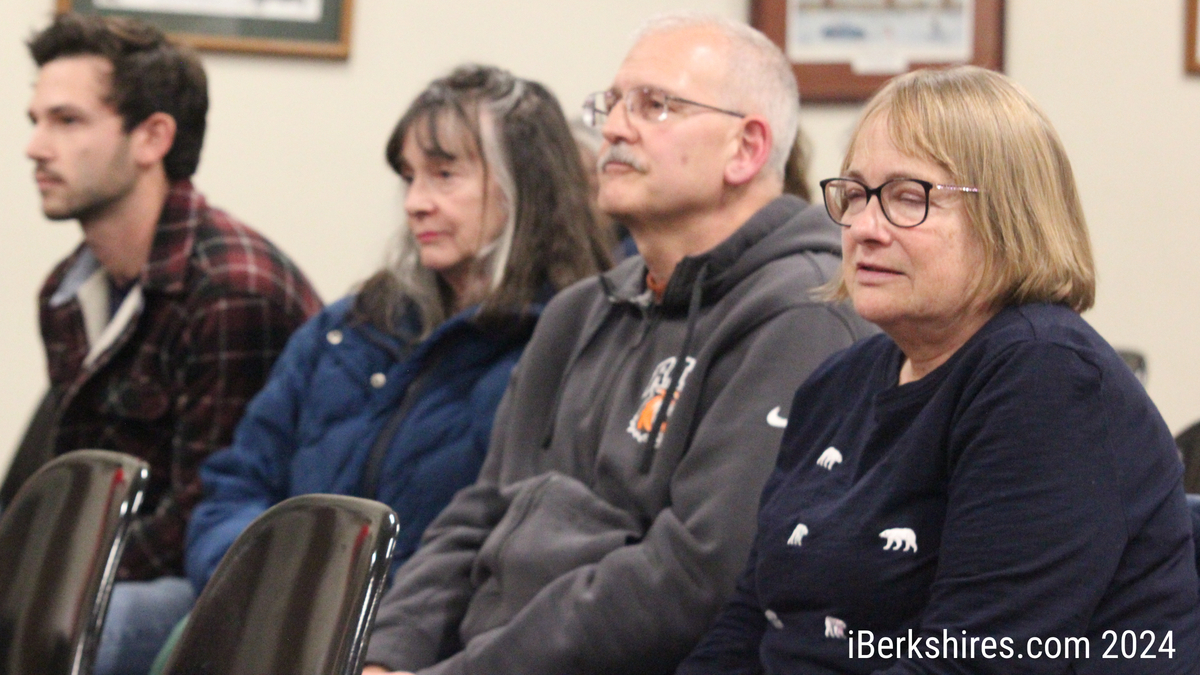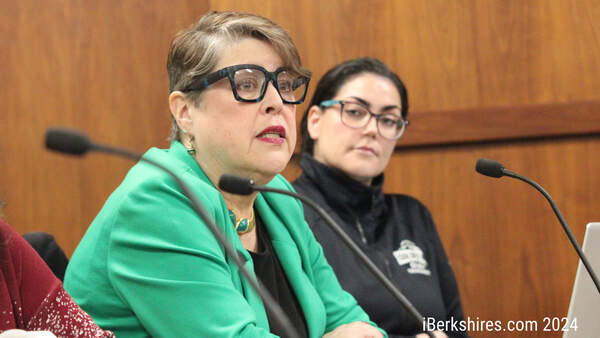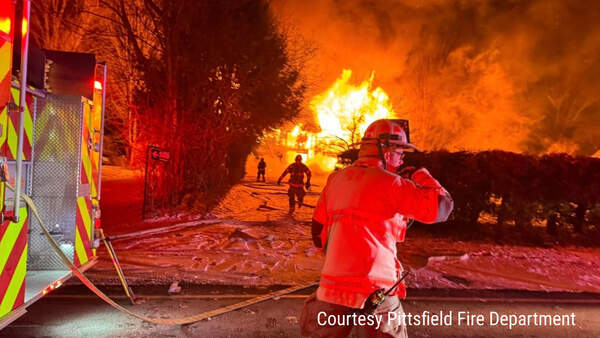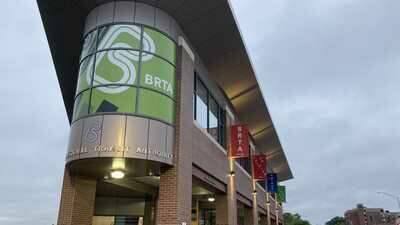BOSTON — Governor Maura Healey and Energy and Environmental Affairs (EEA) Secretary Rebecca Tepper announced a new pilot program to support cities and towns across Massachusetts in updating and putting their climate change resiliency plans and projects into action.
The Municipal Vulnerability Preparedness Planning 2.0 (MVP 2.0) expands the MVP grant program, which provides communities with funding and technical support to identify climate hazards, develop strategies to improve resilience, and implement priority actions to adapt to climate change. After a year of reviewing the initial MVP Planning Grant program and conducting extensive stakeholder input, EEA developed MVP 2.0 to include new methods, tools, and resources for updating MVP plans and actions.
"The climate crisis is one of our greatest challenges, but there is enormous opportunity in our response. We have the science, data, tools and commitment to help communities understand how climate change impacts them and take action to advance resiliency and preparedness," said Governor Maura Healey. "With the next phase of the Municipal Vulnerability Preparedness Program, we will harness the incredible resources at our disposal and bring people together to protect our environment, grow our economy and build a more resilient future."
MVP 2.0 provides communities with guidance and funding to center residents most impacted by climate change in the update process. Cities and towns will also receive innovative training on climate resilience best practices, equity, and environmental justice, revisit priorities in their current MVP plans based on this new knowledge and engagement and receive technical assistance and $50,000 of guaranteed funding to develop and implement an?action project. A new web tool called Guides for Equitable and Actionable Resilience (GEAR) will launch with the program in the next few weeks and aid communities in understanding how local climate impacts may intersect with topics like housing and public health through data explorations, case studies, and key actions communities can take to build resilience.
"As we transition to clean energy, we also need strong protections against the climate impacts already burdening our residents," said Energy and Environmental Affairs Secretary Rebecca Tepper. ?"We are excited to keep growing and evolving this program to meet the needs of our communities while achieving our climate goals."
EEA will award funding to a maximum of 30 communities, five in each region, to undergo the two-year pilot program. Pilot communities will hire a vendor with skills in climate resilience, facilitation, and equity and build a community team with community liaisons, or community members who are from and/or have strong relationships with environmental justice and other priority populations who will be the most impacted by climate change. These community liaisons will be compensated for their time through grant funding.
"The emphasis on engaging environmental justice communities and organizations most impacted by climate change and requiring climate justice training for participants are exciting parts of this new pilot program," said Undersecretary of Environmental Justice and Equity María Belén Power. "I look forward to working with the MVP program and other Commonwealth grant programs to ensure our funding supports our environmental justice and equity goals."
Currently, 99 percent, or 349, of municipalities in Massachusetts have completed or are currently completing the original MVP Planning Grant process. Dunstable, Florida, Gill, Oakham, Peru, Russell, Shelburne, and Wales received awards this year. Communities that completed the initial MVP Planning Grant program are eligible to apply to implement their climate resilience priorities through the MVP Action Grant program.
Communities are encouraged to apply to MVP 2.0 as regional groups where feasible, and communities with MVP plans that are five years old are particularly encouraged to apply for the MVP 2.0 pilot to update their plans with the new process, tools, and data that are incorporated into the program. Federally-recognized and state-acknowledged Tribes and Regional Planning Agencies applying on behalf of a municipality or group of municipalities are also able to apply.
"We look forward to providing resources for community-based planning and climate resilience projects through the MVP 2.0 pilot and using this work to inform a full rollout to all communities anticipated next year," said Undersecretary of Decarbonization & Resilience Katherine Antos. "We will also provide opportunities for communities to network, share lessons learned, and provide feedback to EEA as we continue to improve the program."
The FY24 round of MVP Action Grant funding is also currently open for applications through May 4, 2023. MVP Action Grants provide funding for communities' climate resilience priority projects focused on proactive strategies to address climate change impacts. This may include actions to invest in and protect environmental justice neighborhoods and improve public health, nature-based solutions to mitigate the impacts of extreme heat and flooding, and climate resilience-focused regulatory updates, among others.
Communities participating in the MVP 2.0 pilot round will still be able to apply for and implement MVP Action Grants at the same time. After the pilot round, EEA intends to require all communities to undergo MVP 2.0 to maintain eligibility in applying for MVP Action Grants, starting with those with the earliest MVP plans.
| If you would like to contribute information on this article, contact us at info@iberkshires.com. |
















